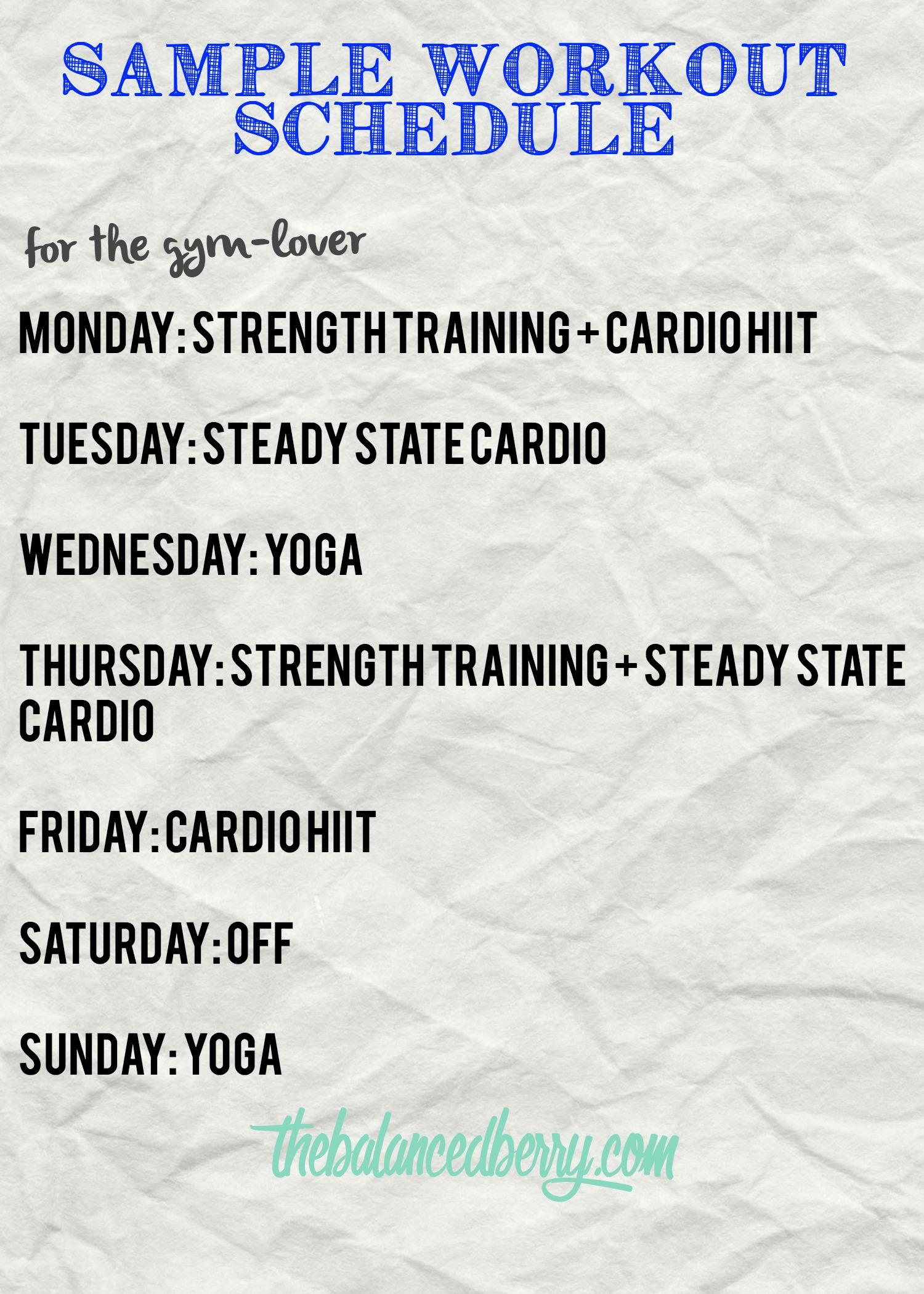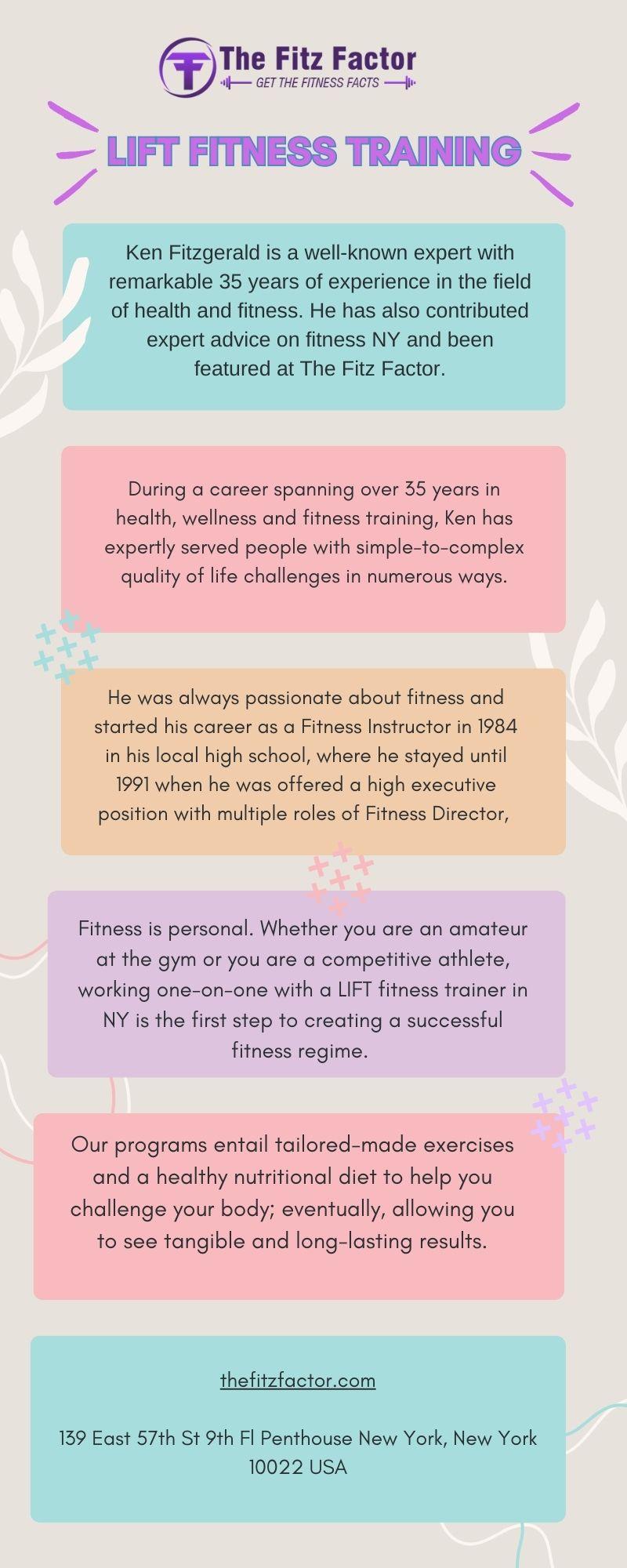In the intricate tapestry of human relationships, vulnerability often emerges as a misunderstood thread—frequently mistaken for weakness, yet possessing the transformative power to weave connections that are both resilient and profound. In a world that frequently celebrates strength and self-reliance, embracing vulnerability can seem counterintuitive. However, it is precisely this willingness to open oneself to others that lays the foundation for the deepest and most enduring bonds. This article explores the pivotal role vulnerability plays in forging authentic relationships, offering insights into how embracing our imperfections can lead to stronger, more meaningful connections. By understanding and practicing vulnerability, we unlock the potential to create relationships characterized by trust, empathy, and mutual support. Join us as we delve into the essence of vulnerability and its unparalleled importance in building relationships that stand the test of time. Vulnerability as a Catalyst for Deep Connections”>
Vulnerability as a Catalyst for Deep Connections”>
Understanding Vulnerability as a Catalyst for Deep Connections
In our fast-paced, often surface-level interactions, the power of vulnerability is frequently underestimated. Being vulnerable means allowing others to see our authentic selves, with all our imperfections and fears. This openness invites genuine connections, as it breaks down the barriers of pretense and judgment. When we reveal our true feelings and thoughts, it encourages others to do the same, fostering a mutual understanding and empathy. Here’s how vulnerability can enhance your relationships:
- Builds Trust: Sharing personal experiences and emotions creates a safe space where trust can flourish. It signals that you value the relationship enough to risk exposure.
- Encourages Empathy: When you open up about your struggles, it invites the other person to respond with compassion and understanding, deepening the emotional bond.
- Fosters Growth: Vulnerability allows for honest feedback and support, providing opportunities for personal and relational development.
Embracing vulnerability isn’t a sign of weakness; rather, it’s a testament to the strength required to be seen as you truly are. This willingness to be open and genuine acts as a catalyst for building profound and lasting connections. By integrating vulnerability into your interactions, you unlock the potential for meaningful relationships that are both resilient and enriching.

Cultivating Openness: Practical Steps to Embrace Vulnerability
To foster openness, begin by creating a safe space for yourself and others. This involves being genuine and transparent in your interactions. Authenticity is the foundation upon which trust is built, so allow yourself to express true emotions and thoughts without fear of judgment. Start small, sharing bits of your day or personal experiences that offer insight into your world. Over time, these small steps will pave the way for deeper connections.
- Practice active listening: Focus fully on the speaker, acknowledging their feelings and perspectives.
- Encourage open dialogue: Invite others to share their thoughts and feelings, ensuring they feel heard and valued.
- Embrace discomfort: Understand that vulnerability may feel uneasy at first, but it is a necessary step towards genuine relationships.
- Reflect regularly: Take time to assess your own emotional responses and openness, adjusting as needed.
By consciously integrating these practices into your daily interactions, you cultivate an environment where vulnerability is welcomed and respected. This openness not only strengthens your personal relationships but also enriches your emotional well-being.
Building Trust Through Honest Communication and Shared Experiences
At the heart of any meaningful relationship lies the ability to be open and honest. Vulnerability is not a sign of weakness; rather, it is a courageous act that can strengthen the bond between individuals. By embracing vulnerability, you invite authenticity and understanding into your interactions. This is crucial for building trust, as it allows you to connect on a deeper level. Trust is often born from shared experiences, where both parties feel comfortable expressing their true selves without fear of judgment.
- Open Dialogues: Encourage conversations where both parties feel safe to express their thoughts and emotions.
- Empathy: Practice understanding others’ perspectives and validating their feelings.
- Consistency: Build reliability by being consistent in your actions and words.
- Active Listening: Truly listen to understand, rather than to respond.
By incorporating these elements into your communication, you not only foster trust but also create a supportive environment where relationships can thrive. Embrace vulnerability as a powerful tool for connection, allowing it to transform interactions into genuine partnerships.
Overcoming Fear: Strategies to Foster Emotional Intimacy
Embracing vulnerability is a crucial step in breaking down the barriers of fear that often hinder emotional intimacy. To cultivate this deep connection, it’s essential to recognize and address the underlying fears that prevent us from opening up to others. Here are some effective strategies to foster emotional intimacy by overcoming fear:
- Practice Self-Reflection: Understand your own fears and insecurities. By acknowledging these feelings, you can begin to dismantle the walls that keep others at a distance.
- Communicate Openly: Engage in honest conversations with your partner or loved ones. Sharing your thoughts and emotions can help build trust and strengthen your bond.
- Embrace Imperfection: Accept that vulnerability means being imperfect. By letting go of the need for perfection, you create space for genuine connection.
- Set Boundaries: While it’s important to be open, it’s equally important to establish boundaries. This ensures that vulnerability is shared in a safe and respectful environment.
- Seek Support: Sometimes, professional guidance can help in navigating complex emotions and fears. Don’t hesitate to seek therapy or counseling if needed.
By implementing these strategies, you can transform fear into a powerful tool for building deeper, more meaningful relationships.




